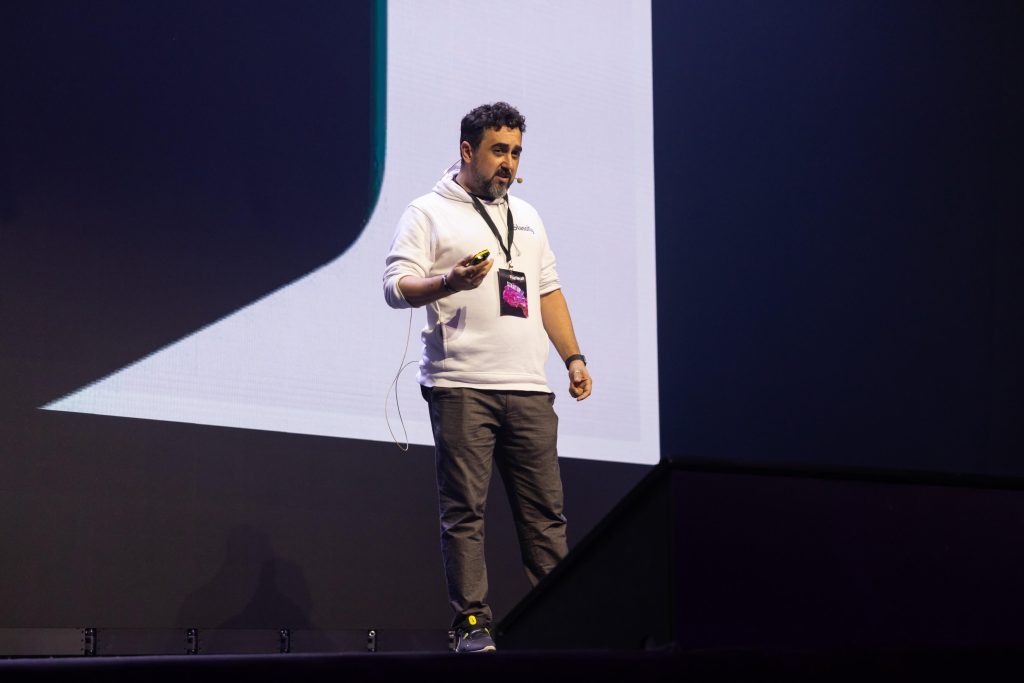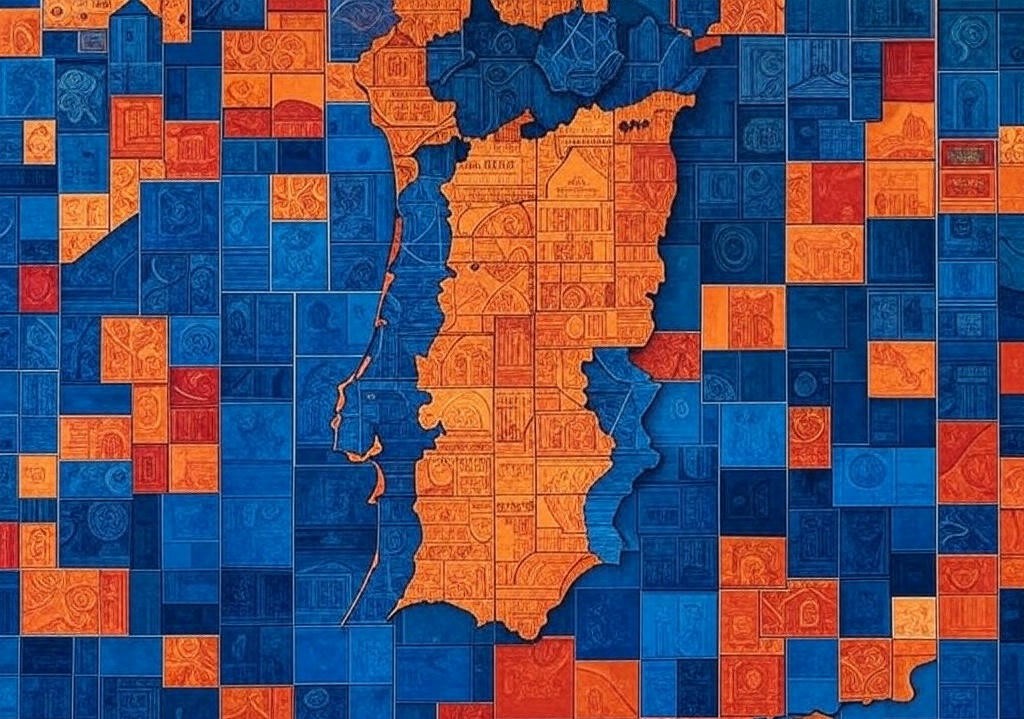- irish insights
- Posts
- 💡 Green Shoots in Silicon Valley
💡 Green Shoots in Silicon Valley
Meet the Irish founders quietly making a racket in Y Combinator – and what it means for startups back home

Céad míle fáilte!
Last week, I read an article by Charlie Taylor, Ireland’s top startup writer, about Solidroad, a Y Combinator participant. Interestingly, Founder Patrick Finlay argued that founders might be better off leaving Ireland to grow their startups.
This is not a controversial statement, and it has been happening for years, especially for those seeking to join accelerators like Y Combinator in Silicon Valley. But it got me thinking:
What draws so many Irish startups to YC? How well do they fare, and do they stay in Ireland after completing the programme?
What can Ireland’s startup ecosystem do to keep the best startups based here?
For those unfamiliar with Y Combinator, the company has been responsible for launching over 5,000 companies, including startup giants such as Airbnb, Stripe, Dropbox, and Reddit. Some even claim that YC has changed the world…
Our research has found that around 20 Irish-associated startups have been participating since 2007, collectively raising billions of dollars.
So strap yourselves in for a deep dive on what has been driving the cream of the crop of Irish startups to migrate and what effect this is having on the Irish ecosystems.
Here’s a sneak peek of what to expect:
Complete profiles of 16 Irish Y Combinator companies 🏢
Strategic analysis of why 77% of Irish associated YC companies are based abroad 📊
Ireland's competitive advantages that keep some companies at home 🇮🇪
Global benchmarking against Estonia and Portugal with specific lessons for Ireland 🌍
Policy recommendations for retaining startups 📋
Future predictions focusing on hybrid models and the "innovation diaspora" concept 🔮

The Irish Y Combinator Alumni: 20 Companies That Made Their Mark Effect 📚
Stripe (YC S09)🇺🇸 Founded by Irish brothers Patrick and John Collison, Stripe is a Y Combinator success, valued at $50 billion after raising billions. The Collisons credit YC for validation and connections that helped them grow from teen entrepreneurs to founders of a valuable fintech firm. Stripe was their second YC company, after Auctomatic in YC S07.
The Rising Stars
Protex AI (YC S21) 🇮🇪 showcases Ireland's deep tech strength, having raised over $50 million for its workplace safety computer vision platforms. Founded by Dan Hobbs and Ciaran O'Mara from Limerick, with clients such as Amazon and Flexport, this Dublin-based company exemplifies how Irish AI talent captures global markets.
Inscribe (YC S18) 🇺🇸 , founded by twin brothers Ronan and Conor Burke, has raised over $30 million for its AI fraud detection platform. The company processes approximately $40 million in fraudulent documents monthly while operating in SF and Dublin.
The Emerging Innovators
Recent additions showcase Ireland's continued pipeline of talent:
Solidroad (YC W25) 🇺🇸 : Ex-Intercom employees Mark Hughes and Patrick Finlay raised $8 million ($6.5M seed from First Round Capital) for AI agents that coach customer support teams and are based in SF.
Inconvo (YC S23) 🇮🇪: Eoghan and Liam Mulcahy created conversational AI analytics, remaining in Ireland despite relocation trends. As part of YC's AI-driven S23 batch (87% AI startups), this showcases Ireland's role in frontier tech.
Luminate Medical (YC S21) 🇮🇪: Galway medtech founded by Aaron Hannon and Barbara Oliveira, developing "LILY" scalp-cooling technology to prevent chemotherapy-induced hair loss. Raised ~$5M, including an EU EIC grant.
Ochre Bio (YC W20) 🇬🇧 – Ochre Bio, co-founded by Jack O’Meara from Athlone and based in Oxford, is pioneering RNA therapies and AI-driven drug discovery for chronic liver disease. It raised $39.87M in Series A 2023.
The Full Roster
The complete list spans diverse sectors:
Klir (YC W20) 🇨🇦: Founded by David Lynch and Elaine Kelly - cloud compliance for water utilities, Toronto-based with customers in Nevada and Ireland. The founders met at Accenture Dublin before launching in 2017.
Artillery (YC S21) 🇮🇪: Founded by Hassy Veldstra - open-source load testing toolkit, part of a "record number of Irish start-ups" in YC's Summer 2021 batch
Noloco (YC S21) 🇮🇪: Founded by Darragh Mc Kay - no-code platform for SMEs, Dublin-based and one of the few YC alums to stay and hire primarily in Ireland.
Sitenna (YC S21) 🇬🇧: Founded by Daniel Campion and Jack Heffernan, a London-based marketplace for mobile network infrastructure, started in Dublin. Raised $2.1 million in seed, and Campion noted being "backed by YC is a huge statement of confidence."
Unflow / Monaru (YC W19) 🇺🇸 : Founded by Patrick Finlay and Romy Lynch, a mobile content management system. Lynch became the first Irish female founder accepted into Y Combinator, operating between Dublin & NYC. Patrick wrote a well-articulated blog about the experience; it’s a must-read!:
Prolific (YC S19) 🇬🇧: Founded by Phelim Bradley, this London-based platform provides vetted participants for research. Bradley, holding a PhD in genomic medicine and statistics from Oxford.
LiveFlow (YC S21) 🇺🇸 : Financial automation platform co-founded by Evan O'Brien. The YC-backed company raised $3.5M in 2022 and remains active in the financial technology space.
Additional companies include Milk Video 🇺🇸 and some startups from a decade ago, which represent a range of industries, from fintech to biotech to developer tools.
As of 2025, 20+ Irish-founded companies have passed through YC's doors, creating a "steady stream of Irish talent" and a virtuous cycle of mentorship and inspiration for new applicants from Ireland.

The Great Migration: Why Irish Startups Leave Ireland
The data reveals a stark reality: 77% of Irish Y Combinator-associated companies ultimately relocate their headquarters outside Ireland. This geographic exodus reflects fundamental structural challenges that force even the most promising startups to seek greener pastures abroad.

Market Size: The 5 Million Person Problem
Ireland's 5.2 million population limits scaling. As Patrick Finlay of Solidroad noted, “founders facing market constraints might be better off leaving Ireland”, despite its supportive ecosystem. This pushes Irish startups to internationalise earlier, often near major customers.
The Funding Valley of Death
While Enterprise Ireland offers early-stage support via programs like Pre-Seed Start Fund and High Potential Start-Up, a 'funding valley' appears at the Series A and B stages. Over 50% of Irish startup funding is from international sources, which often require proximity to investors.
Irish Venture Capital Association chairperson Denise Sidhu warns that scaling finance from international sources creates an inevitable pull: foreign investors are
Cherry-picking the best technologies and removing the IP, the headquarters and the management teams.

Ireland’s Competitive Arsenal: Why Some Stay
Despite the challenges, Ireland offers compelling advantages that savvy startups can leverage:
Government Support Infrastructure
The 2025 budget allocated €3 billion for infrastructure and increased R&D tax credits to €75,000 in the first year. The Employment Investment Incentive Scheme relief increased from €500,000 to €1 million, boosting angel investment. Enterprise Ireland's startup support programs offer unique, non-dilutive funding.
Strategic Geographic Position
Ireland's position as a bridge between the EU, UK, and US markets provides unique advantages. EU membership ensures access to 250 million people while maintaining strong cultural and business ties to both the UK and the United States.
Education Excellence
Irish universities regularly produce top technical graduates. The University of Limerick's new Immersive Software Engineering programme, backed by Stripe and other tech firms, aims to boost talent. Trinity College Dublin, University College Dublin, and NUI Galway also play key roles in supporting startups with strong technical skills.

Global Benchmarks: Learning from Small Nation Success Stories
Ireland's challenges aren't unique among small tech nations, but comparative analysis reveals different approaches to similar problems:
Estonia: The Digital Government Advantage
With only 1.3 million people, Estonia produces remarkable startup density (highest in Europe per capita) through digital-first governance (an opportunity for improvement for Ireland). Starting a company can be done online in a single day, and e-residency programs are attracting global entrepreneurs. Estonia leads globally in venture funding relative to its GDP, at 1.17%, which is higher than even Silicon Valley hubs.
Portugal: The Lifestyle and Strategy Play
Portugal's recent emergence (unicorns like Farfetch, Outsystems, Talkdesk) resulted from a deliberate strategy: Startup Portugal launched in 2016 with incubator networks, Tech Visas, and lifestyle marketing. Good weather, low costs, and strong English proficiency attracted international talent.
Could we take the learning from these similar-sized countries to make Ireland a more attractive place to grow world-leading startups?

What Ireland Must Do: A Strategic Roadmap
In my opinion, Ireland must tackle three interconnected challenges to strengthen its startup environment.
Following the UK's model of requiring pension funds to allocate 5% of their assets to venture capital could generate billions in additional funding, addressing the critical capital shortage that forces promising companies to seek financing elsewhere.
Simultaneously, streamlining bureaucratic processes using Estonia's digital-first approach would reduce decision timelines from months to days or weeks, as startups need.
Finally, expanding early-stage support to include scale-up infrastructure, mentorship, market access, and late-stage funding (typically provided by Enterprise Ireland) would address the reasons why Irish startups currently relocate to access capital.

Conclusion: The Innovation Diaspora Advantage
Evidence shows Ireland's future isn't about avoiding global ecosystems like Y Combinator but about making Ireland appealing for scaled operations. The "Stripe model" with dual headquarters in Dublin and San Francisco offers a template for global expansion rooted in Ireland.
Rather than viewing international success as a loss, Ireland could embrace its "innovation diaspora" as a strategic asset. Successful Irish founders abroad often become investors and mentors for the next generation.
Irish entrepreneurs have proven they can compete globally. The challenge now is building an ecosystem where more unicorns like Wayflyer or Flipdish can scale fully from Irish soil. If Estonia and Portugal can do it, why cant we, with our ever-growing positive budget deficit?
The question for Irish policymakers and the startup ecosystem isn't "Why are so many Irish founders in Y Combinator?" but "How do we ensure they stay home to scale?" The answer will determine whether Ireland's remarkable startup talent continues to enrich Silicon Valley or builds a world-class ecosystem at home.
P.S. We’d love to hear your thoughts on this topic

What'd you think of today's email? |







Reply